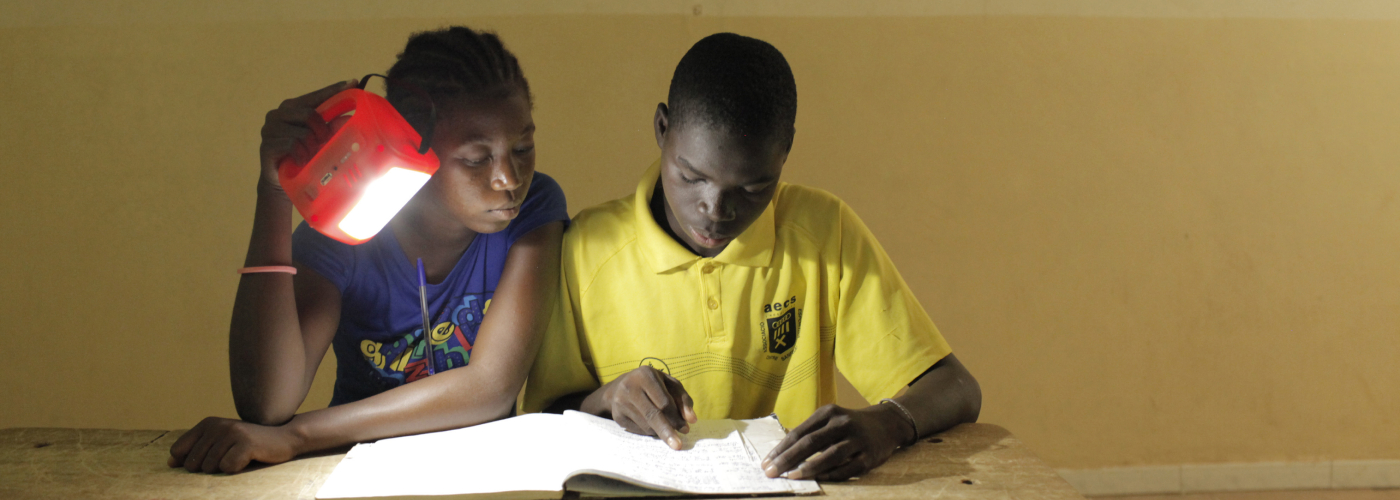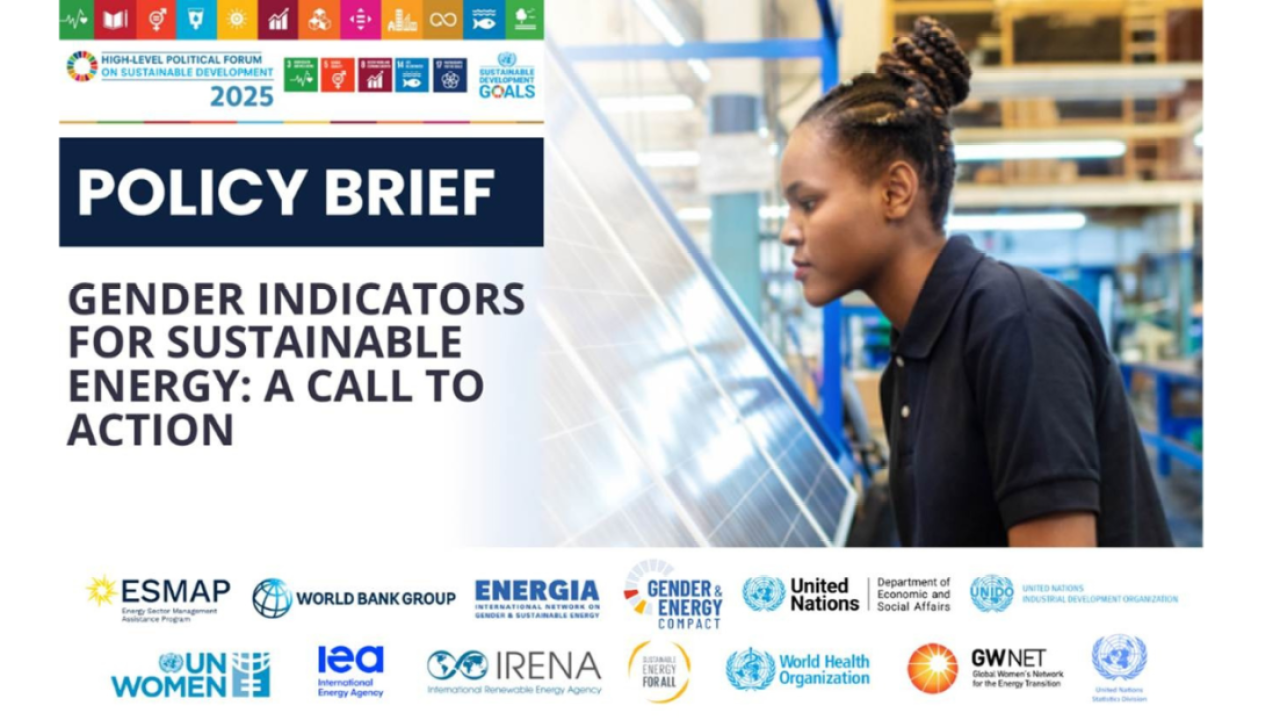This paper reviews the available literature on the impacts of fossil fuel subsidies on women and gender empowerment. It is an input to a four-year research program on the issue coordinated by the Global Subsidies Initiative (GSI) of IISD. The review, undertaken in 2015, attempts to assess the impacts of fossil fuel subsidies on women as well as the mitigation measures implemented during reforms.
The paper reviews literature under two categories: research that explores the gender aspects of energy use and research on the broader impacts of fossil fuel subsidy reform,including mitigation measures such as cash transfers. It finds clear linkages between energy access and gender empowerment,especially regarding access to solar energy and improved cook stoves. However, it finds that,despite much research on subsidies’ regressive nature, there is very little dedicated analysis of how subsidies and subsidy reform affect women(beneficially, detrimentally, or otherwise).
The review focuses in particular on existing subsidies and recent energy policy changes in Bangladesh, India and Nigeria, where access issues are significant and policy is highly dynamic. The review is designed to inform further field research with women in these countries that will begin in 2016. It also includes case studies on other countries through a gender lens. It concludes with suggestions for greater consideration of gender impacts within fiscal reforms.







